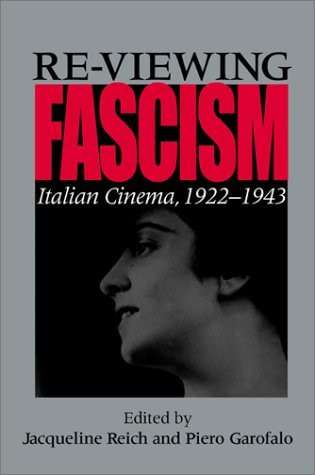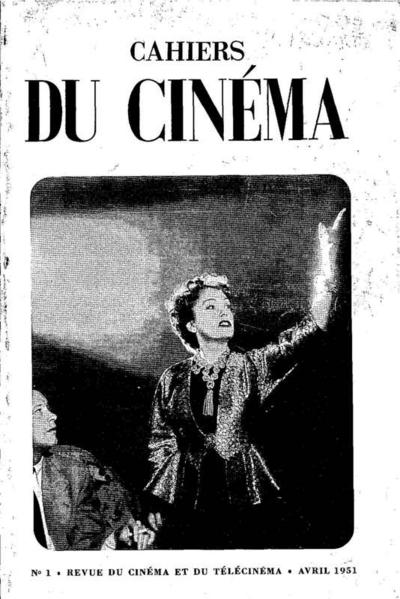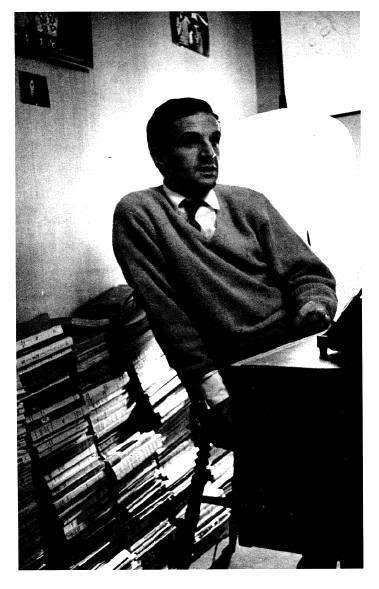A collection of Wenders essays discussing all his film work up to Until the End of the World. Imaginative, very accessible, never dry, Wenders reveals a lot of interesting background to his films. Definitely a treat if you’re a Wenders fan.Read More »
Books
-
Wim Wenders – The Logic of Images (1992)
1991-2000BooksWim Wenders -
Jim Powell – Postmodernism for Beginners (1998)
1991-2000BooksJim PowellUnited KingdomBook Description:
Although no one knows exactly what postmodernism is, Postmodernism for Beginners gives a perfectly clear explanation of the subject. Author Jim Powell describes postmodernism as a series of “maps” that helps people find their way through a changing world. For reinforcement, he cites views from modern thinkers from Foucault to Guattari. Illustrated throughout.Read More »
-
Robert Bresson – Notes On Cinematography (1977)
1971-1980BooksFranceRobert BressonThis is not a book about cinematography. Cinematography is what Bresson regards as valid film making, as opposed to cinema which is just photographing a play, or the theatre, which is just lies told on a stage (or something). This book contains all the little notes, ideas and bon mots that Bresson jotted down over the years. Some are insightful, most are quite arrogant and dismissive, and quite a few are a bit bonkers. Anyway it’s an interesting look into the mind of a master and fairly short (although that didn’t stop it from being a pain in the arse to scan).
Originally written in French (Notes sur le cinématographe), this is the English translation by Jonathon Griffin.Read More »
-
Tony Pipolo – Robert Bresson: A Passion for Film (2010)
2001-2010BooksRobert BressonTony Pipolo
Description:
Perhaps the most highly regarded French filmmaker after Jean Renoir, Robert Bresson created a new kind of cinema through meticulous refinement of the form’s grammatical and expressive possibilities. In thirteen features over a forty-year career, he held to an uncompromising moral vision and aesthetic rigor that remain unmatched. Robert Bresson: A Passion for Film is the first comprehensive study to give equal attention to the films, their literary sources, and psycho-biographical aspects of the work. Concentrating on the films’ cinematographic, imagistic, narrative, and thematic structures, Pipolo provides a nuanced analysis of each film-including nearly 100 illustrations-elucidating Bresson’s unique style as it evolved from the impassioned Les Anges du péche to such disconsolate meditations on the world as The Devil Probably and L’Argent. Special attention is also given to psychosexual aspects of the films that are usually neglected. Bresson has long needed a thoroughgoing treatment by a critic worthy to the task: he gets it here. From it emerges a provocative portrait of an extraordinary artist whose moral engagement and devotion to the craft of filmmaking are without equal.Read More »
-
Jacqueline Reich & Piero Garofalo – Re-viewing Fascism: Italian Cinema, 1922-1943 (2002)
2001-2010BooksItaly
* Publisher: Indiana University Press
* Number Of Pages: 400
* Publication Date: 2002-04-14
* ISBN-10 / ASIN: 0253215188
* ISBN-13 / EAN: 9780253215185
* Binding: PaperbackReview
“Each essay makes a point of correcting misconceptions about the cinema during the ventennio [the period of fascist rule], which makes this book a significant contribution to the literature.” — S. Vander Closter, Rhode Island School of Design, Choice, December 2002Read More »
-
Cahiers du cinéma – Cahiers du Cinéma Vol. 1 [No.1-300] (1951 – 1979)
BooksFrance +
+
Cahiers du cinéma needs no introduction. No other french film magazine can claim more glory and renown, although Louis Delluc’s Cinéa published in the early 1920s comes close. Like other great magazines, Filmkritik in Germany springs to mind, its pages were sensitive to the constant shiftings, reversals, rediscoveries, ruptures and reconciliations, personal and political, of a now legendary band of contributors and fellow travellers. From Bazin to Rohmer to Godard to Comolli and Daney, from auteurism to Maoism,, from Eisenstein to Straub to Renoir to Mezoguchi, on the pages of Cahiers the drama of the birth of modern cinephilia played itself out, red in tooth and claw.Read More » -
François Truffaut – Letters (1989)
1981-1990BooksFranceFrançois Truffaut
This collects nearly all of Truffaut’s extant correspondence, many were lost or simply never kept, a few have been withheld for personal reasons but what does remain still amounts to a very hefty and remarkable body of letters.
Perhaps this is a more enjoyable book to leaf through and let something catch your eye than to read in a strict chronological fashion. That said the early sections that capture the eventful years of Truffaut’s late adolescence do possess quite a narrative thrust of their own: selling your friends most treasured possessions behind his back, a suicide attempt, desertion from the army, military incarceration…Read More »
-
Krzysztof Kieslowski – Kieslowski On Kieslowski (1993)
1991-2000BooksKrzysztof KieslowskiUnited KingdomKieslowski on Kieslowski
Edited by Danusia Stock
Published by Faber and Faber, 1993 (268p.)
Quote:
From Danusia Stok on the genesis of the book:
This book is largely based on interviews recorded with Kieslowski in Paris in December 1991 and May 1992 when he was working on the scripts of the triptych Three Colours. A third set of interviews, covering the triptych, was recorded in Paris in the summer of 1993 once Three Colours had been shot.
Excerpts from Kieslowski’s reflections written for the monthly cultural magazine Du (Zurich, Switzerland) have been worked into the text. The passages are my own direct translation of Kieslowski’s original words.Read More » -
Victor Erice & Abbas Kiarostami – Erice Kiarostami: Correspondences (2006)
2001-2010Abbas KiarostamiBooksSpainVictor EriceThe potent work of two filmmakers from diverse backgrounds are bought together in this book. Correspondence uniquely presents the work of two filmmakers who share a profound and deliberate vision, in spite of their vastly different backgrounds. The work of Spaniard Victor Erice and Iranian Abbas Kiarostami share a common preoccupation with investigating the tension that exists between the individual and society. As filmmakers, they are both intensely independent, determined to advance the expressive potential and capacity of cinema. Working in contemporary cinema, these two quintessential figures often purposely recapture the stark and primal character developed by early cinema pioneers.Read More »




